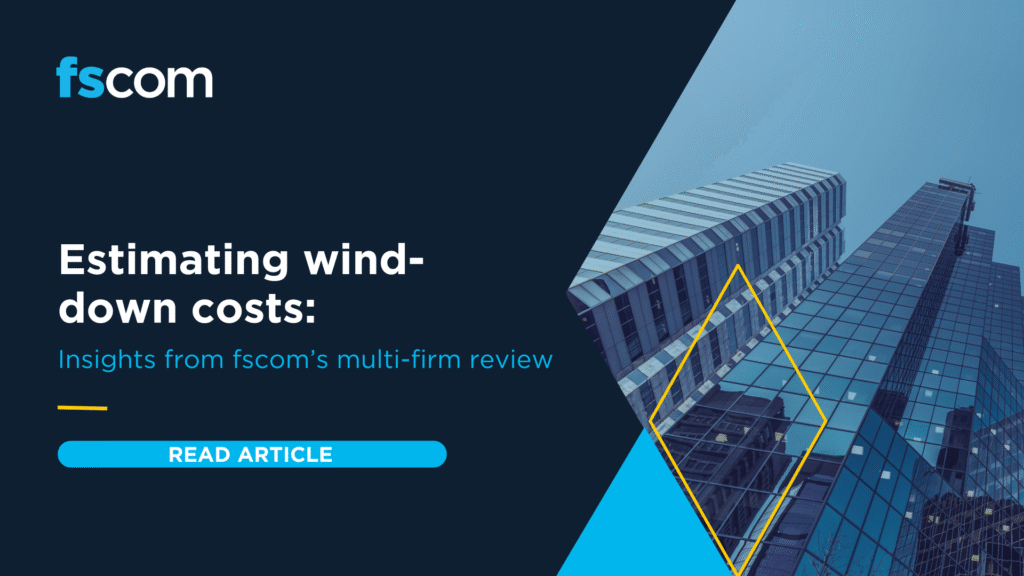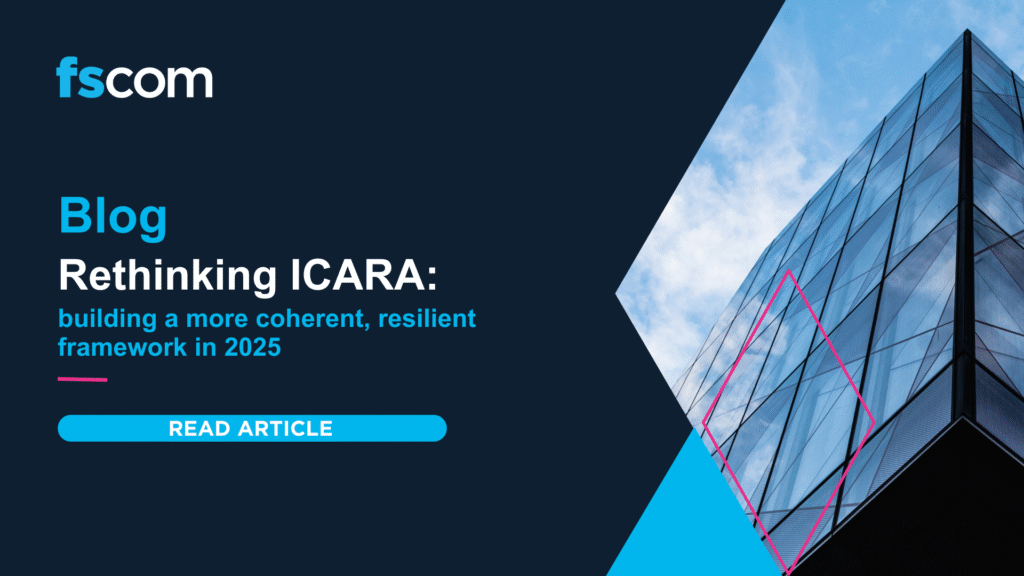What does the future of financial crime look like?
This is the million-dollar question for investigators, regulators, compliance and MLRO officers alike. We recently brought together leaders in a wide range of fields to make their predictions for the direction of financial crime and efforts to counter it at our Dark Money Conference.
Today, we are launching a publication which captures those expert predictions from the perspectives of culture, controls, technology and more. The 25-page report, called “The Future of Financial Crime: Voices from the Dark Money Conference”, can be downloaded for free here: Voices of the Dark Money Conference (fscom.co)
Focus on the future at the Dark Money Conference
The Dark Money Conference was hosted by fscom and took place from 15 to 17 September 2021. Over 40 speakers took part, from journalists, MLROs and consultants to regulators and law enforcers. The aim of the conference was to bring the good guys who are fighting financial crime together to see if we could move the needle even slightly forward by highlighting our shared and different experiences.
In the foreword to the report, fscom’s Director Philip Creed offers his own prediction for the emerging trends in financial crime. “If I was brave enough to predict the future, I foresee that the ability for criminals to launder their illicit funds will become even more complex than ever before,” he writes. “Offshore companies hiding beneficial ownership, and even onshore companies have the lack of verification of the identities of directors and owners.”
Financial crime from all angles
Whatever your field and your interest in anti-financial crime efforts, the publication is likely to have articles and insights that are relevant to you and your organisation:
- Charles Delingpole, Founder and CEO of ComplyAdvantage, discusses how technology can do more to help compliance teams fight financial crime, taking into account trends in geopolitics, sanctions and crypto.
- DeQuincey Bailey, who works in fraud investigation and organised crime operations at HMRC, looks at the regulatory angle of the future of financial crime.
- Federica Taccogna, Senior Managing Director at FTI Consulting, reflects on the direction of travel in the non-banking world of financial crime – including gaming operators, payment institutions and card issuers, and dealers in art, precious metals and stone.
- Colum Lyons, CEO of ID-Pal, looks at the lessons that can be learned from fraudsters’ techniques and from applying AI, biometrics and machine learning to financial crime detection.
- Jane Jee, Director of Jee Associates Limited, unpicks the need for law enforcement and regulators to adopt and encourage new technologies to counter financial crime.
- Rebecca Lee, Chief Impact Officer at OpenCorporates, argues that the open sharing of transparent company data will help businesses, journalists and wider society transform the fight against financial crime.
- Alex Beavan, Head of Fraud Investigations for Western Union Business Solutions, calls on the financial industry to work together and pool knowledge to tackle emerging global fraud threats.
- Dominic Mac, Chief Technology Officer at PWC Operate UK, considers how technology can be used in a smarter and more targeted way to tackle financial crime.
- Mark Doggett, Head of Compliance & Risk at Gemini Payments Limited, identifies how compliance can help gain customer confidence.
- Stuart Clarke, Head of Product at Blackdot Solutions, warns that financial crime is driving illegal trading of endangered rhinos.
- Priya Giuliani, Managing Director of Financial Crime Risk Management at Promontory (an IBM company), outlines why building an understanding of business-wide risks is the best way to prepare for future trends in financial crime.
- Oliver Bullough, journalist and author of ‘Moneyland’, predicts a shift in the public mood on financial crime and, in turn, fraud moving up the priority list for policymakers.
- Rachel Woolley, Global Director of Financial Crime at Fenergo, assesses what has changed since the publication of the FinCEN files and what is next for anti-financial crime enforcement.
- Euan Grant from the tax and border control consultancy Grant & Gutsell Customs explores whether strategic organised crime has “new players, new rules”, and explains how regulators must adapt.
- Jamie Bartlett, author, journalist and presenter of the BBC podcast ‘The Missing Cryptoqueen’, hints at what we should expect from the next stage of his fraud investigation into OneCoin and its missing founder.
Intrigued to find out more? Dive into the full report here: Voices of the Dark Money Conference (fscom.co)
This post contains a general summary of advice and is not a complete or definitive statement of the law. Specific advice should be obtained where appropriate.



